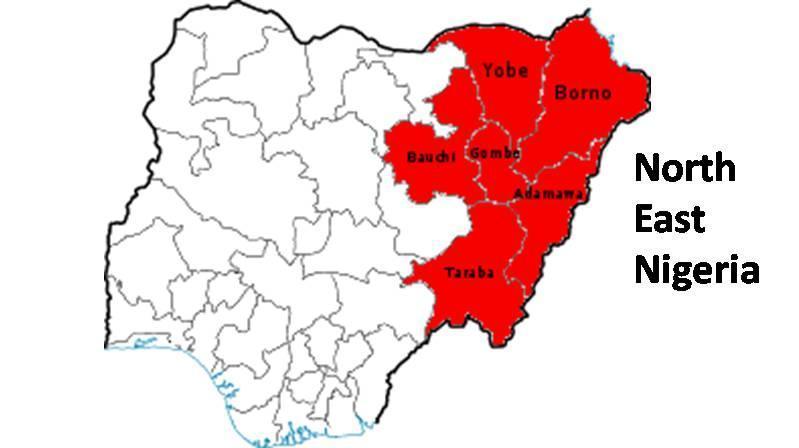North East
Region Dec 29, 2024 Last Modified:Jan 03, 2025

Table of Contents
Exploring the History and Culture of Nigeria’s North East
Nigeria’s North East region is a land of immense cultural richness, historical significance, and captivating landscapes. Comprising six states—Adamawa, Bauchi, Borno, Gombe, Taraba, and Yobe—the region offers a tapestry of traditions, resilience, and stories that echo through the annals of time. Let us delve into the history, heritage, and cultural diversity of this fascinating part of Nigeria.
Historical Overview
Early Civilizations
The North East of Nigeria is home to some of the oldest human settlements in West Africa. Archaeological findings in places like the Chad Basin reveal evidence of human habitation dating back thousands of years. The region’s strategic location facilitated its role as a hub for trans-Saharan trade routes, connecting the Sahel to North Africa and beyond.
Kanem-Bornu Empire
A defining feature of the region’s history is the Kanem-Bornu Empire, which flourished from the 9th to the 19th century. Centered around present-day Borno State, this empire was a beacon of Islamic scholarship, trade, and governance. Under the leadership of rulers like Mai Idris Alooma, the Kanem-Bornu Empire became a major political and economic force, known for its sophisticated legal systems and architectural feats.
Colonial Era
During the colonial period, the North East played a pivotal role in the resistance against British conquest. Leaders like Rabeh Zubair and other local warriors mounted significant opposition to foreign domination. Despite eventual colonization, the region retained much of its cultural identity and traditional governance structures.
Cultural Diversity
The North East is a mosaic of ethnic groups, each contributing to the region’s rich cultural heritage. Major ethnic groups include the Kanuri, Fulani, Hausa, Tiv, and Jukun, among others. These communities are known for their unique languages, festivals, and crafts.
Traditional Arts and Crafts
The region is renowned for its exquisite crafts, including pottery, leatherwork, and weaving. Maiduguri, the capital of Borno State, serves as a center for traditional Kanuri crafts, while Taraba is famous for its intricate Tiv weaving patterns.
Festivals and Celebrations
Festivals in the North East are vibrant and deeply rooted in tradition. The Durbar festival, celebrated with horsemen parades and cultural displays, showcases the region’s rich Islamic heritage. Similarly, the Sharo festival of the Fulani involves displays of courage and endurance.
Challenges and Resilience
In recent decades, the North East has faced significant challenges, including insurgency, economic hardship, and environmental issues like desertification. However, the resilience of its people stands out as a testament to their enduring spirit. Communities have banded together to rebuild lives and preserve their cultural heritage despite these adversities.
Tourism and Natural Attractions
The North East boasts stunning natural landscapes and attractions, including:
- Mambilla Plateau (Taraba State): Known for its rolling hills and tea plantations, the Mambilla Plateau is a haven for nature lovers.
- Yankari National Park (Bauchi State): One of Nigeria’s premier wildlife reserves, Yankari is home to elephants, lions, and hot springs.
- Lake Chad: While shrinking in size, Lake Chad remains a vital water source and a symbol of the region’s ecological heritage.
The Road Ahead
Efforts to revitalize the North East’s economy and infrastructure are ongoing. Initiatives like the North East Development Commission (NEDC) aim to address issues such as education, healthcare, and sustainable development. By harnessing the region’s rich history and cultural assets, the North East holds great potential for a brighter future.
Conclusion
Nigeria’s North East is a region steeped in history and cultural wealth. From the legacy of the Kanem-Bornu Empire to the vibrant traditions of its diverse communities, the region offers invaluable insights into Nigeria’s past and present. As it navigates contemporary challenges, the North East remains a beacon of resilience and a testament to the enduring strength of its people.
